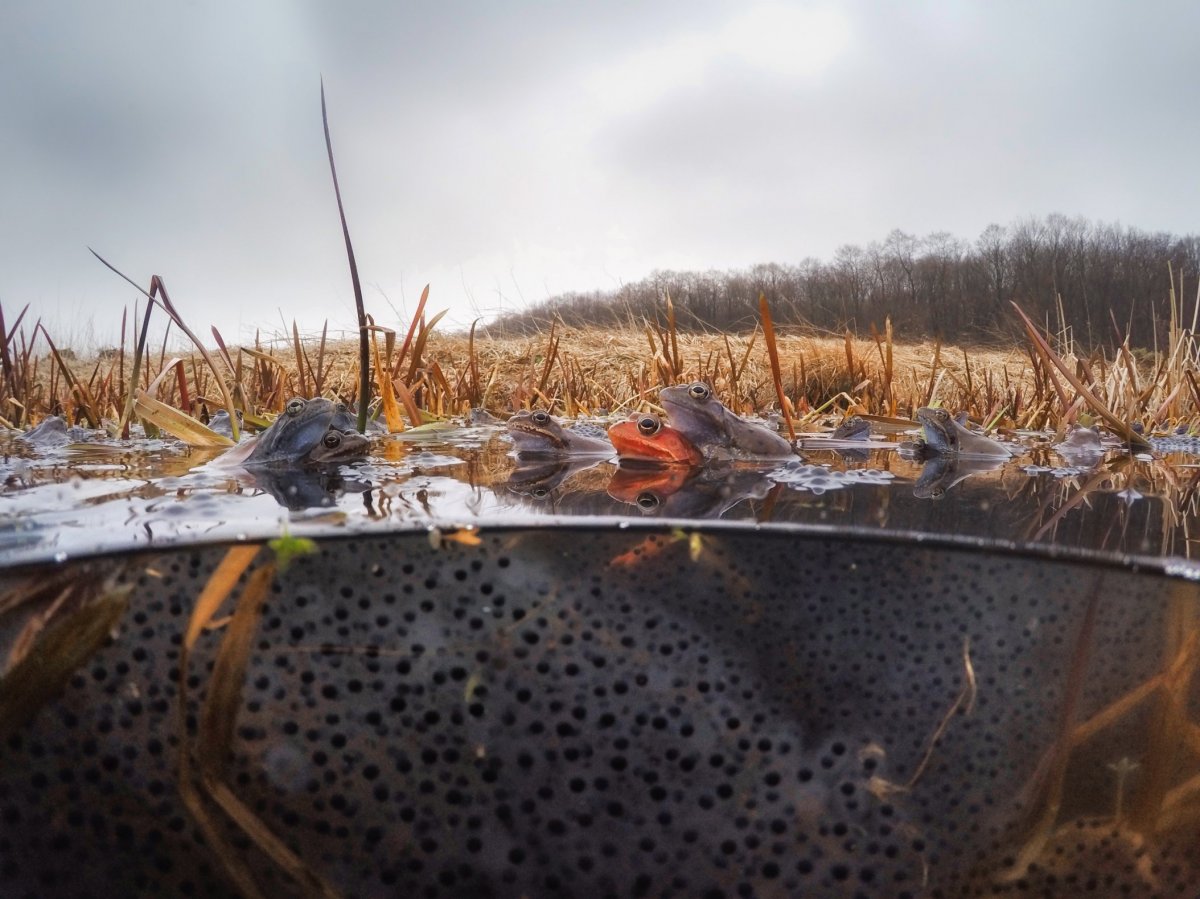Protecting Freshwater Biodiversity
2023
Aug
23
Recently, Nature Journal published a study about the recovery of freshwater biodiversity, to which dr. Zoltán Csabai, researcher of the UP Faculty of Sciences also contributed. The publication can be read both online and in the print version of the prestigious scientific journal. The University of Pécs can be proud, since on the one hand, to be featured in such a prestigious D1 publication does not happen every day, and on the other hand, the study calls for the creation of strategies important for the future of our planet.

According to the study, the improvement in biodiversity in Europe's freshwater has come to a halt and calls for urgent action by policymakers. The research is based on a comprehensive data set of 1816 sample series and 26,668 samples from 22 European countries, containing about seven hundred thousand individuals of 2668 taxa. Due to persistent and emerging threats posed by climate change, invasive species and new pollutants,
the study calls for immediate and increased cooperation to create strategies to restore freshwater biodiversity.
 While many efforts have been made in recent decades to protect and restore freshwater ecosystems, the new study highlights that these communities face additional challenges. The introduction of the EU Water Framework Directive, more efficient wastewater treatment, reduction of hydro-morphological pressures and other similar initiatives brought positive changes to freshwater status before the 2010s, but after that improvement slowed down significantly and has now practically come to a standstill, despite further measures. The researchers believe that the steps taken so far are not enough to ensure a sustainable future.
While many efforts have been made in recent decades to protect and restore freshwater ecosystems, the new study highlights that these communities face additional challenges. The introduction of the EU Water Framework Directive, more efficient wastewater treatment, reduction of hydro-morphological pressures and other similar initiatives brought positive changes to freshwater status before the 2010s, but after that improvement slowed down significantly and has now practically come to a standstill, despite further measures. The researchers believe that the steps taken so far are not enough to ensure a sustainable future.
While the positive change seen in the 1990s and 2000s can be attributed to the success of restoration efforts to improve water quality, the slowdown observed since the 2010s points to a declining effectiveness of measures taken today. As the number of pressures worldwide increases and their impact increases, the effectiveness of improvements resulting from previous statutory measures is diminishing and therefore in many places, freshwater systems remain in a degraded state.
One possible explanation for the slowdown could be that biological recovery has reached its maximum, but this can be quickly refuted as Europe and its Hungary rivers are still below the "good ecological status" outlined in the EU's Water Framework Directive. A more likely explanation is that the momentum of recovery is running out because the benefits of previous interventions have been exhausted, or because new stressors are emerging or existing ones are amplified (e.g. the emergence of new types of pollutants) or the impact of a changing climate. These factors can slow and potentially reverse biodiversity growth. In line with this hypothesis, the researchers showed that the improvement, the restoration of biodiversity, was less pronounced in rivers of areas with a faster warming climate, in river sections flowing through metropolitan and agricultural areas, and under cross dams. However, further work will be required to establish the exact causes.
The results come as the European Union prepares to introduce its new 2030 Biodiversity Strategy to halt biodiversity loss and restore damaged ecosystems. The strategy will be a key part of the EU's Green Deal, which aims to make Europe climate neutral by 2050.
- Log in to post comments
University of Pécs | Chancellery | IT Directorate | Portal group - 2020.
















